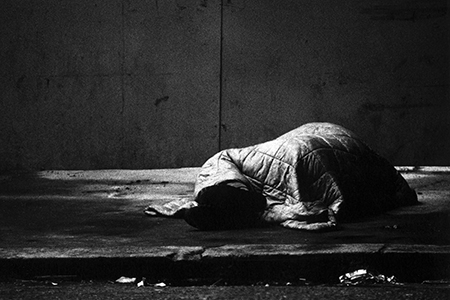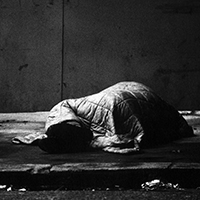Dr Stephanie Petrie is an Honorary Senior Research Fellow in the University of Liverpool’s School of Law and Social Justice
“Kris Hopkins, the current housing minister, responding to the recent report on housing in the UK by UN special rapporteur Raquel Rolnik, accused the international organisation of being ‘misled by a Marxist diatribe’. So which of Rolnik’s recommendations could be considered to be an ideologically driven approach to housing tenure?
The recommendations of the report[i] are simply that:
- The so-called bedroom tax be suspended and re-evaluated in light of the right to adequate housing and general well-being of many vulnerable individuals
- Regulation of the private rent sector is improved to include clear criteria about affordability, access to information and security of tenure
- There is a renewal of the government’s commitment to increase the stock of social housing and more balanced public funding to stimulate the supply of social and affordable housing
These are hardly radical recommendations.
In the UK, housing has been a recognised public health issue since the mid-19thC when successive Acts and Royal Commissions sought to address problems such as rising rents and static wages. In the 20th C the Labour government’s failure to deal with the acute post-WWII housing shortage enabled the Conservatives to win the 1951 election by a campaign that pledged a build programme of 300,000 dwellings in the first year – which was achieved through increased council house completions.
The consequences of the global recession that began in 2007 and subsequent austerity policies of the Coalition government elected in 2010 have had a disastrous impact on the living conditions of many people in the UK as identified by Rolnik and detailed in her report. The recession was, of course, caused by global mismanagement of risk in the banking and financial sectors not public sector expenditure.
The consequences of the recession in the UK, including redundancies, casualisation of labour and low wages exposed many home-owners to personal financial catastrophe. Between 2007 and 2009 the number of foreclosed mortgages nearly doubled yet surprisingly enough the number of homeless families fell by more than 20,000 because of the social housing programme and benefits instituted by the New Labour government.
Kris Hopkins described the UN report as inaccurate yet there is substantial evidence from Housing Associations, charities and researchers in the UK that the ‘Bedroom Tax’ has exacerbated and not alleviated housing problems. There are large increases in the numbers of vacant three and four- bedroom properties, as tenants cannot afford to rent them. Together with increasing costs of private sector lets this has led to a rise in families living in sub-standard, over-crowded accommodation.
Furthermore, despite the prime minister’s promise of the ‘Big Society’, stable and supportive community networks have been destroyed as people move out and properties are left empty. The likely consequences of these policies were well known to the government as they had been predicted by their own department and committees.
Why, then, is the government so resistant to policy critique from the UN? The charge of being driven by an ideological discourse to the exclusion of evidence seems better fitted to this government than the UN rapporteur.”

